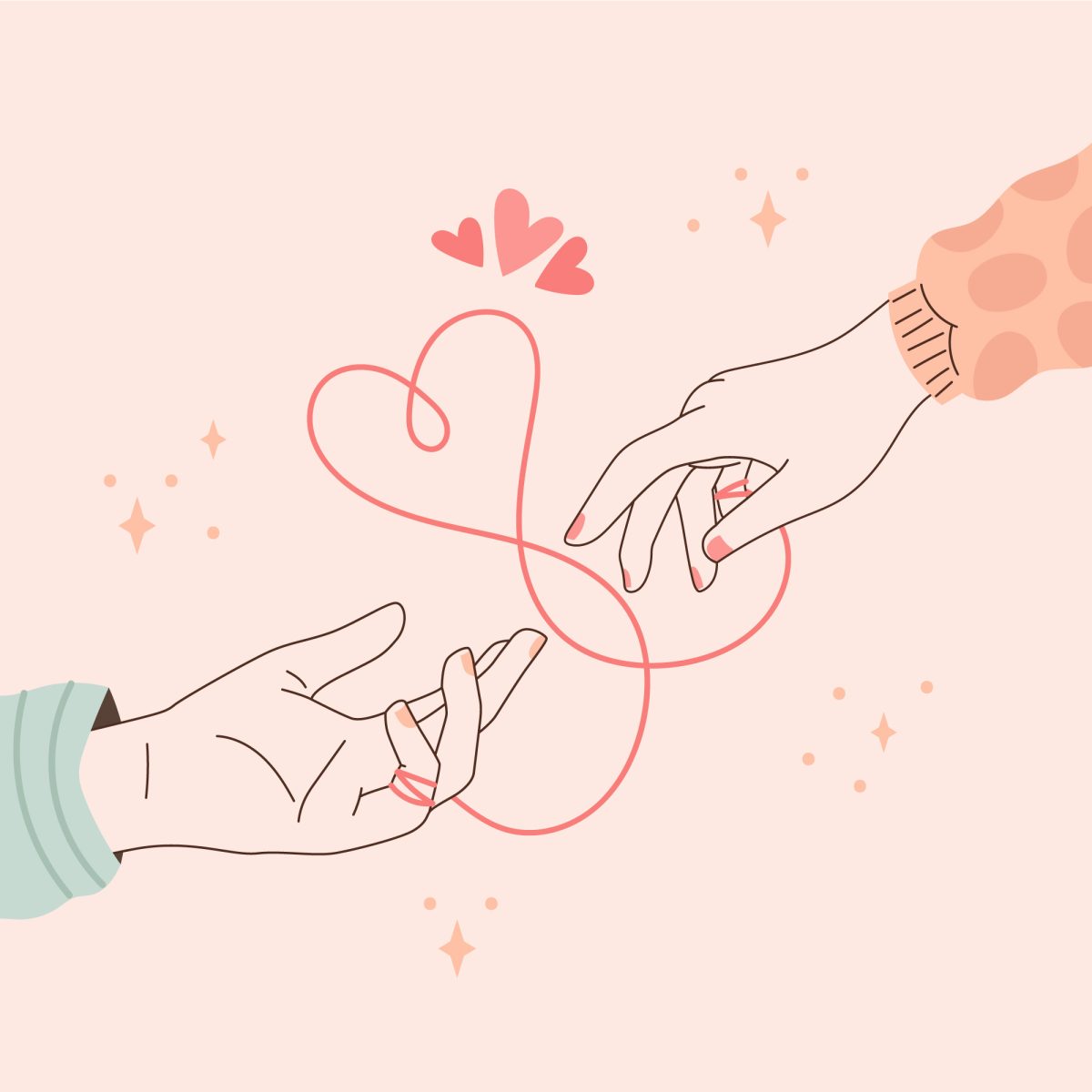Following its initial premier in 2022, Netflix’s original series “Love on the Spectrum” was met with a wave of interest and praise. The series follows individuals on the spectrum as they navigate the uncertain and confusing world of dating, intimacy, and relationships.
With its captivating combination of tender moments and awkward encounters, the show claimed to shine a light onto a side of dating not commonly portrayed in mainstream media.
The intent seemed good, but as viewer count began to rise and reflections began to occur, questions began to surface about whether or not “Love on the Spectrum” is truly as positive and educational as it presents itself to be.
To give credit where it is due, the show certainly seems to be built on a sincere foundation, with its creators having expressed their aim to accurately represent autism and break down stereotypes.
To an extent, the show does exactly that; it exposes the many sides of individuality that a person on the spectrum can have, therefore showing the audience that a diagnosis does not define a person.
However, by placing these individuals under the microscopic lens of reality television, they are vulnerable to the ridicule and commentary of millions of people.
Putting yourself out into the world of dating requires vulnerability. The same is true for the participants of the show.
At its core and with good intentions aside, “Love on the Spectrum” is still a reality series, meaning that there is inevitable exploitation of that vulnerability.
Within its current three seasons, there is an ironic tendency from the show’s editors and producers to oversimplify the personalities of individuals in a way that appeals to entertainment rather than education.
From time to time, the show has a subtle way of leaning into the stereotypes that they claim to defy, such as portraying autistic people as universally awkward, socially naive, or overly honest.
While these traits and tendencies are definitely authentic in some situations, there are other times when it is clear that the show is purposefully edited to include embarrassing takes and bloopers for comedic purposes.
When dealing with sensitive situations or populations, reality TV often unintentionally or intentionally crosses lines, transforming real people into mere entertainment without fully respecting their dignity or autonomy.
Critics and viewers of the show alike seem to have come to the consensus that “Love on the Spectrum” has the bad habit of infantilizing the adult individuals in which it follows.
The choice of music, editing style, and narration can at times create an environment that feels patronizing or cutesy rather than genuine and empowering.
A plausible reasoning as to why the show unintentionally strays from its initial purpose could be its lack of autistic representation behind the camera.
Having autistic-led storytelling and ideas in a show that follows the inner-workings of people on the spectrum is a sure way to offer richer, more authentic portrayals. Without it, the show puts itself at a higher risk of allowing neurotypical producers to shape the direction into something more like a narrative and less like reality.
All of these factors stated are especially troubling to the neurodivergent community that make up a large part of the show’s audience, who at times report that the series feels less educating and more misleading, inaccurate, and mocking.
But not everyone on the spectrum has the same view. Some autistic individuals have deemed “Love on the Spectrum” to be validating, relatable, and empowering. They appreciate seeing relatable people defying limitations previously stamped on the neurodivergent community.
Just like the typical neurotypical person, likes and dislikes vary, and what feels respectful to one person may feel demeaning to another. That is a big part of the challenge that “Love on the Spectrum” chose to tackle in creating a show centered around neurodivergence.
So, is “Love on the Spectrum” insulting to the community that it is trying to represent? The answer varies from viewer to viewer. Instead, pose the question of what the show can change to do better. Representation is important, but respectful, inclusive, and accurate representation is what truly sparks a shift in the minds of an audience.
The overall flurry of different opinions and perceptions of the show from the autistic community serve to ensure one thing when all is said and done: the autism community is not black and white, but rather just as complex and elaborate as the neurotypical community can be.

